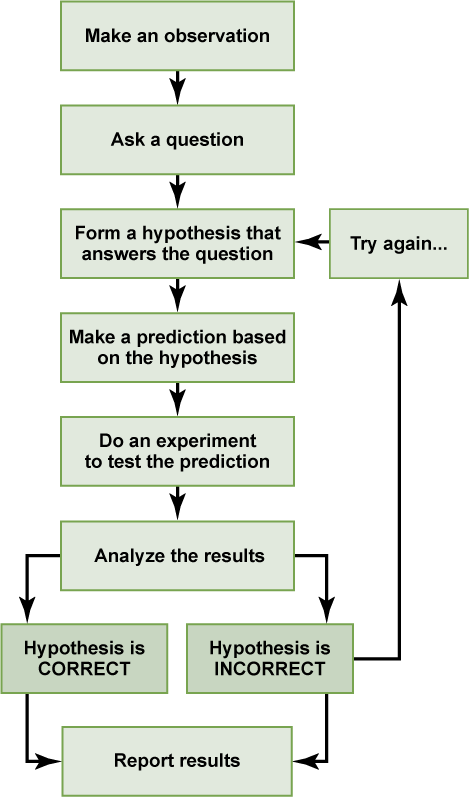- Joined
- May 24, 2007
- Messages
- 5,967
- Reaction score
- 1,530
- Location
- Somewhere in Dixie
- Gender
- Male
- Political Leaning
- Libertarian
There’s been quite some discussion regarding the “science”--or, more accurately--the lack thereof regarding evolution and it seem that there is a very important part of this conversation that is being overlooked.
Ideas have consequence. That is a inescapable fact. And some years ago, in a debate with Phillip Johnson (University of California, Berkley), William B. Provine, PhD. and Evolutionary Biologist at Cornell University summarized the implications of evolution. You can see a blurb of that debate where he summarizes the ideas presented below here.
To be sure, the ideas he listed were not his own but this was the first--and only time--I’ve been aware of anyone summarizing all of these implications together.
I will bold Dr. Provine’s ideas and then add additional quotes, thoughts, etc. in normal type to simply bolster Dr. Provine’s points.
And as you read this, please keep in mind that Dr. Provine is pro-evolution.
Per Dr. Provine, evolution means that there are:
1. No gods or purposive forces.
“Evolution destroys utterly and finally the very reason Jesus’ earthly life was supposedly made necessary. Destroy Adam & Eve and original sin and in the rubble you will find the sorry remains of the son of God…and if Jesus was not the redeemer who dies for our sins, and this is what Evolution means, then Christianity is for nothing.” [emphasis mine]
- G. Richard Bozarth, American Atheist, page 30, February 1978
2. No life after death.
a) This life is all there is.
b) There is no ultimate justice.
c) There is no ultimate reward, therefore, no incentive for charity, humility nor goodness in this life.
d) As such, man need only to follow his most base instincts…everything is permitted.
3. No ultimate foundation for ethics.
a) No basis for morality.
b) No basis for calling something “good” or “bad”.
c) “Might” makes “right”.
Richard Dawkins (Evolutionist, Academic, Author, Professor at Oxford University) has--on different occasions--expressed his view that there is nothing inherently wrong with rape, Muslim terrorism or the atrocities of Hitler.
- Weikart, Richard. The Death of Humanity: and the Case for Life. New York, NY: Regency Faith, 2016.
Ideas have consequence. That is a inescapable fact. And some years ago, in a debate with Phillip Johnson (University of California, Berkley), William B. Provine, PhD. and Evolutionary Biologist at Cornell University summarized the implications of evolution. You can see a blurb of that debate where he summarizes the ideas presented below here.
To be sure, the ideas he listed were not his own but this was the first--and only time--I’ve been aware of anyone summarizing all of these implications together.
I will bold Dr. Provine’s ideas and then add additional quotes, thoughts, etc. in normal type to simply bolster Dr. Provine’s points.
And as you read this, please keep in mind that Dr. Provine is pro-evolution.
Per Dr. Provine, evolution means that there are:
1. No gods or purposive forces.
“Evolution destroys utterly and finally the very reason Jesus’ earthly life was supposedly made necessary. Destroy Adam & Eve and original sin and in the rubble you will find the sorry remains of the son of God…and if Jesus was not the redeemer who dies for our sins, and this is what Evolution means, then Christianity is for nothing.” [emphasis mine]
- G. Richard Bozarth, American Atheist, page 30, February 1978
2. No life after death.
a) This life is all there is.
b) There is no ultimate justice.
c) There is no ultimate reward, therefore, no incentive for charity, humility nor goodness in this life.
d) As such, man need only to follow his most base instincts…everything is permitted.
3. No ultimate foundation for ethics.
a) No basis for morality.
b) No basis for calling something “good” or “bad”.
c) “Might” makes “right”.
Richard Dawkins (Evolutionist, Academic, Author, Professor at Oxford University) has--on different occasions--expressed his view that there is nothing inherently wrong with rape, Muslim terrorism or the atrocities of Hitler.
- Weikart, Richard. The Death of Humanity: and the Case for Life. New York, NY: Regency Faith, 2016.
Part I of II

